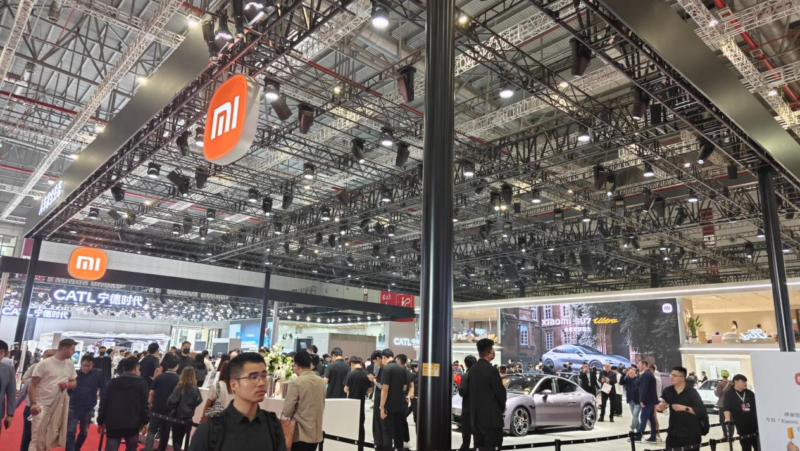Auto Shanghai 2025’s notable no-shows: what their absence reveals about industry trends
Updated on 18:00 April 29th Beijing time: A section named “Other absentees” was added to the end of this article to supplement the other brands that didn’t attend this auto show.
The biennial Auto Shanghai 2025 has attracted nearly 1,000 domestic and international exhibitors, setting a new record for scale. However, amid the bustling exhibition halls dominated by new energy vehicles, several notable automotive brands were conspicuously absent, signalling potential shifts in the global automotive landscape.
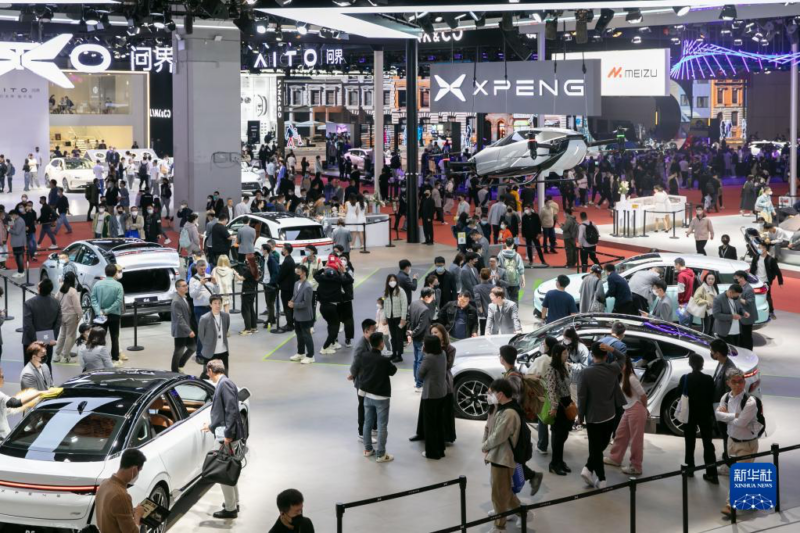
Korean brands’ unprecedented absence

For the first time since entering the Chinese market in 2002, Korean automotive giants Hyundai, Kia, and Genesis were all missing from this prestigious auto show. This absence comes as Korean brands struggle with declining market share in China, holding just 1.6% as of late 2024.
Despite skipping the event, Beijing Hyundai held a strategic communication meeting in Shanghai just days before the exhibition. The company unveiled its first pure electric SUV platform, the ELEXIO. Despite current challenges, the company announced its “In China for China to Global” strategy, signalling its commitment to the Chinese market.
Genesis, Hyundai’s luxury division, had previously announced its entry into a “2.0 era” with plans to focus on refined operations while preparing for future expansion in the Chinese market.
French and British brands are also missing
French brands Citroën and Peugeot, British brands Jaguar and Land Rover also opted out of this year’s show. Land Rover instead held a separate communication event to discuss its electrification strategy for China.
Luxury marques step back
Unlike the 2023 exhibition, where Maserati, Lamborghini, Rolls-Royce, Bentley, and Porsche shared pavilion 8.1h, this year only Bentley and Porsche maintained a presence at the show. This withdrawal coincides with significant sales declines in China’s ultra-luxury segment, which saw a 53% year-on-year decrease in Q1 2025 for vehicles priced above 1 million yuan (137,000 USD).
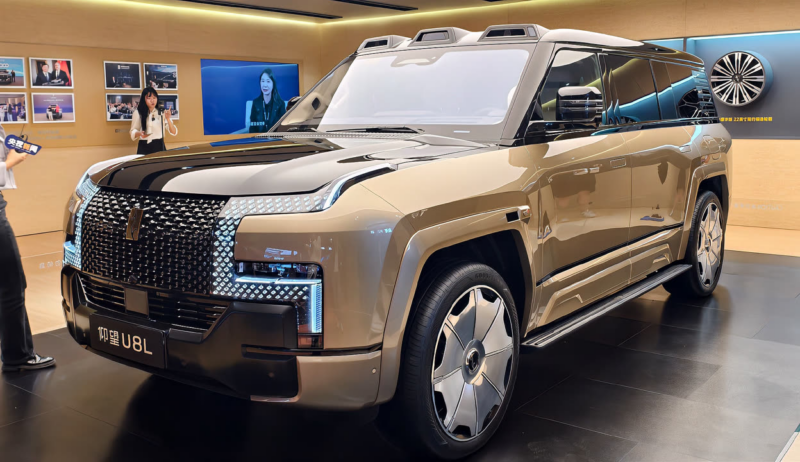
Meanwhile, domestic brands are making inroads into the luxury segment. BYD’s premium brand Yangwang, which recently surpassed 10,000 cumulative sales, led pavilion 8.1H alongside other BYD subsidiaries. Additionally, Maextro S800, targeting Maybach and Rolls-Royce customers, made its debut appearance ahead of its May launch.

EV startups’ reshuffling
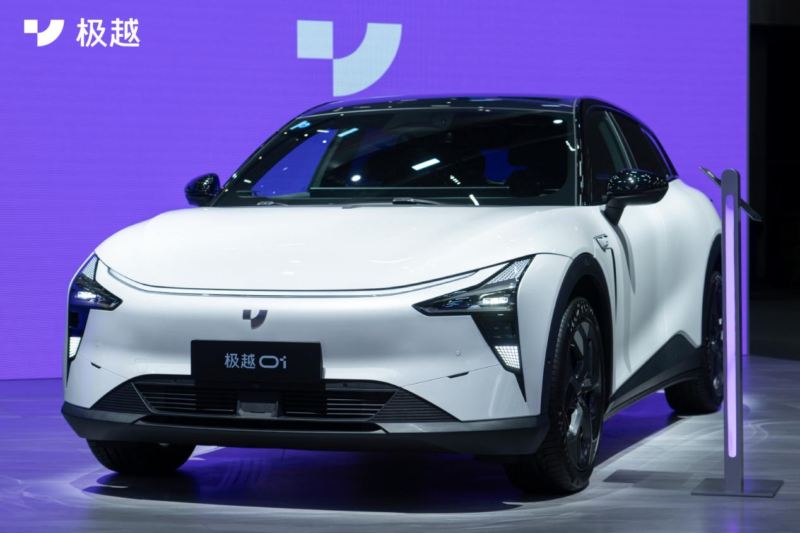
Several Chinese EV startups facing financial difficulties were absent from the show, including HiPhi, Jiyue, and Neta. All three companies have recently encountered significant operational challenges, with HiPhi entering bankruptcy proceedings, Jiyue facing supplier disputes, and Neta dealing with debt issues.
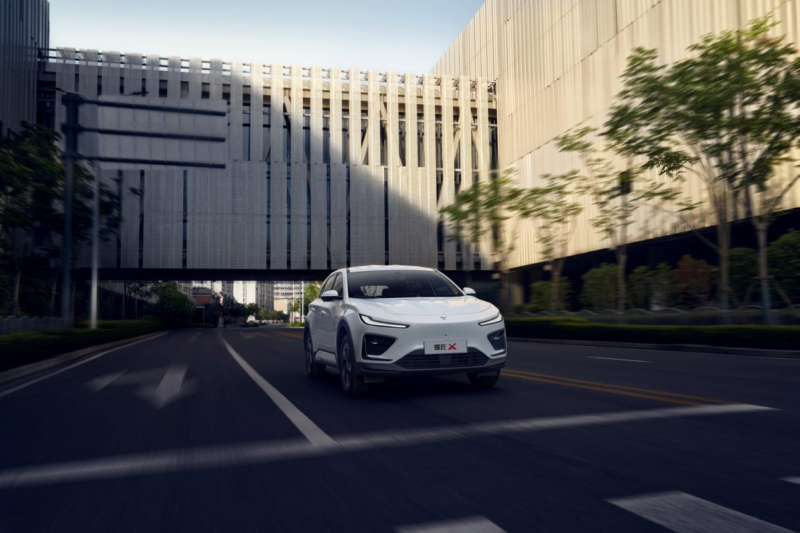
In their place, newcomers like Xiaomi Automotive, Leapmotor (backed by Stellantis), and Huawei’s HIMA brands drew substantial attention, representing the latest wave of Chinese automotive innovation.
Other absentees
Besides, Tesla has not participated in the previous Shanghai Auto Show and is also absent from the current one. The main reason for this absence may be that Tesla hasn’t had significant new vehicle releases for a long time.
Polestar, which debuted the Polestar 4 at the previous auto show, is not participating in the current auto show. This absence is notable considering their significant presence at the last event, where they showcased their new model.
Other manufacturers who previously participated but are absent from the current auto show include Chevrolet, Subaru, Jetta and Venucia (by Dongfeng Nissan).



